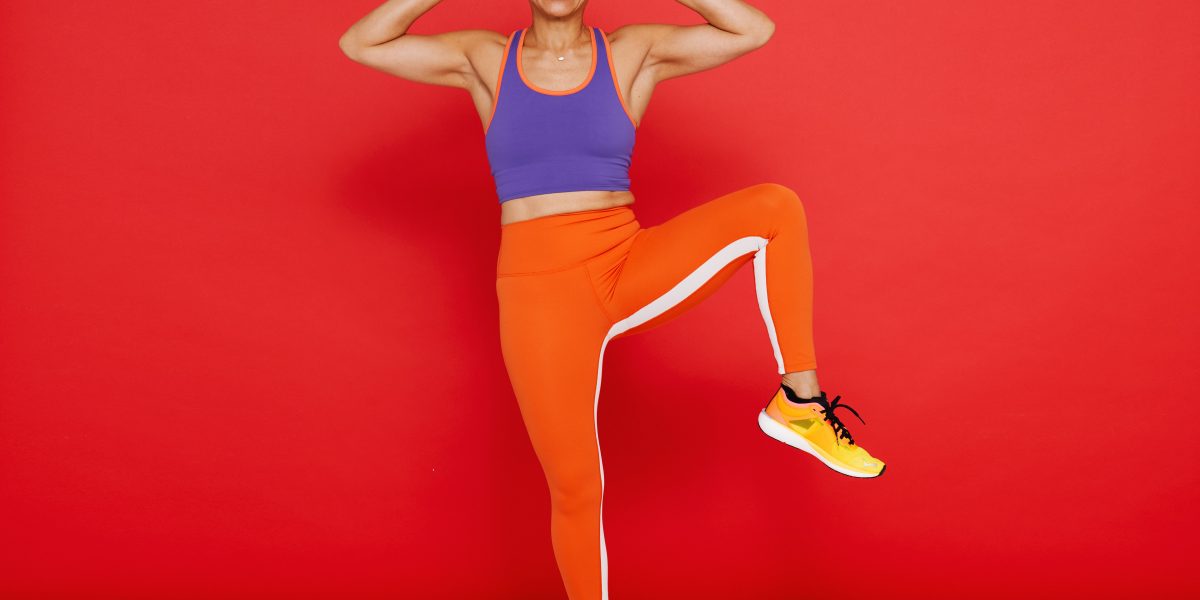For one, they’re an accessory breathing muscle: They pull your chest downward as you exhale, explains Hodges. They help you bend and rotate your torso when twisting to close a door or bending down to lift something off the ground, says Savage. And they also help you resist bending and rotating your torso in other situations, like when you’re holding a suitcase and your body wants to naturally tip to one side, says Hodges.
A big job of the obliques is to stabilize your spine, rib cage, and pelvis, says Hodges. And they do so while we’re standing, walking, running, bending or rotating, he explains. The spinal stability is super important because it helps promote good posture and protects your lower back from excessive strain or injury, says Savage.
How can you work your obliques?
You can engage your obliques with any movement that involves internally or externally rotating around the centerline of your body, Savage explains—for example, in exercises like the Russian twist, single-leg jackknife, and row your boat. You can also target them with movements that have you dynamically bending to the side, like with side bends, the windmill, or the alternating side crunch. Your range of motion here plays a big part in just how much you are engaging your obliques in these movement patterns, explains Savage.
Finally, moves that involve resisting rotation (anti-rotation exercises, like a renegade row and bird-dog) and side-bending (anti-lateral flexion exercises, like a suitcase carry and side plank) also fire up the muscles along the sides of your abdomen, says Hodges.
What’s the best way to train your obliques?
You don’t need dedicated obliques workouts to effectively smoke this muscle group. Hodges suggests picking two to three exercises that specifically target your side abs and incorporating them into your usual routines.
There are a bunch of ways to do so: Some bodyweight obliques exercises, especially the anti-movement ones, work great in a warm-up to fire up your muscles for the work ahead. Others fit nicely into your main set—try performing oblique moves as a superset, moving from one to the next without rest, says Hodges. You can stack two specific abs exercises, or you can do an obliques exercise along with one that targets a different area (say, like a lateral lunge, or a dumbbell squat).
